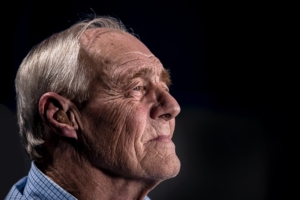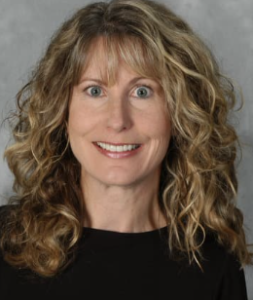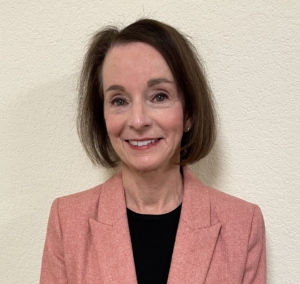Older Age Bipolar Disorder
 Bipolar disorder (BD) is a mental illness that causes dramatic shifts in a person’s mood, energy, and ability to think clearly. People with bipolar experience high and low moods—known as mania and depression—which differ from the typical ups-and-downs most people experience.
Bipolar disorder (BD) is a mental illness that causes dramatic shifts in a person’s mood, energy, and ability to think clearly. People with bipolar experience high and low moods—known as mania and depression—which differ from the typical ups-and-downs most people experience.
The average age of onset is around 25, but it can also occur in the teenage years, and more uncommonly, in childhood. In some cases, however, people develop the condition much later in life. Bipolar disorder affects men and women equally, about 2.6 percent of the US population has a BD diagnosis, and more than 80 percent of cases are classified as severe.
“About one-quarter of all people with bipolar disorder are 60 years of age or older,” wrote Eleesha Lockett on Healthline. “While the symptoms of bipolar disorder can vary with age, the frequency, severity, and overall impact of the disorder are generally different in older adults versus younger people.”
Changes in the frequency and severity of episodes are among the most obvious changes in bipolar disorder at an older age. A study authored by Arnold, Dehning, et al. suggests that people with older age bipolar disorder (OABD) often experience:
- more frequent episodes
- more depressive episodes and less time spent in manic or hypomanic states
- less severe manic symptoms and fewer psychotic features with mania
- new symptoms, such as irritability and poor cognition
- lower risk of suicide, although this may be due to survivorship bias
- resistance to treatment options, such as certain medications
Arnold, Dehning, et al. note that BD patients over sixty are becoming an increasingly significant cohort. “The elderly represent the fastest-growing group of the population. The share of those >60 years of age has duplicated since 1980. In developed countries, the percentage of those >80 years of age will quadruple by 2050. It is fair to assume that the portion of old age patients suffering from bipolar disorder will grow in a similar manner.”
The authors point out that OABD patients constitute a heterogeneous population. Two major groups have been distinguished: “late-onset” patients (LOBD), and “early-onset” patients (EOBD), elder patients with a long-standing clinical history.
“The dividing line between OABD and adult-age BD seems to be fluctuating, but ≥60 years of age appears to be the consensual cut-off… EOBD and LOBD appear to be distinct forms of BD. LOBD patients have been reported to present more often with bipolar II disorder than EOBD patients. EOBD is associated with a highly positive family history, whereas LOBD is frequently associated with neurological diseases, cognitive decline, or other somatic conditions.”
In her Healthline article, Lockett adds that according to experts, “bipolar disorder may speed up aging and contribute to cognitive decline. Older studies have found a link between bipolar disorder and cognitive decline, as well as an increased risk of dementia with each bipolar disorder episode.”
So, if you’ve been diagnosed with bipolar disorder, it’s important to seek treatment for the condition, as it can become progressively worse if left untreated. Since it is a complex condition, effective treatment of bipolar disorder requires a holistic approach.
The late founder of Colorado Recovery, Richard Warner believed that recovery from mental illness should involve much more than getting rid of symptoms and staying out of the hospital. Dr. Warner’s system at Colorado Recovery includes a residential treatment program, a transitional program, an intensive outpatient program, and a “clubhouse” community mental health service model. The Warner model is based on a warmer and more human familial setting, comprehensive levels of care that result in a path of self-reliance, and community engagement for connection and a feeling of contribution.
Our treatment facility provides the services needed to address bipolar disorder, schizophrenia, and other serious mental illnesses which are specific to each individual. Call us at 720-218-4068 to discuss treatment options for you or the person you would like to help.

 A warm familial setting, comprehensive levels of care leading to a path of self-reliance, expert staff to improve diagnoses and treatment plans, and community engagement for clients—these are the hallmarks of the
A warm familial setting, comprehensive levels of care leading to a path of self-reliance, expert staff to improve diagnoses and treatment plans, and community engagement for clients—these are the hallmarks of the  Last year, Colorado Recovery expanded its services and started admitting directly into its intensive outpatient program (IOP) clients who may be ready to begin their recovery at the IOP level of care or those in the process of stepping down from another program.
Last year, Colorado Recovery expanded its services and started admitting directly into its intensive outpatient program (IOP) clients who may be ready to begin their recovery at the IOP level of care or those in the process of stepping down from another program. 
